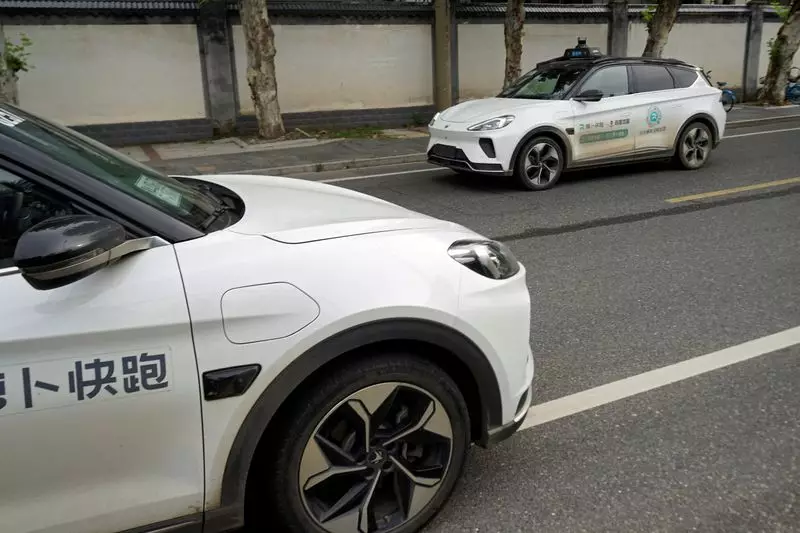Baidu, the prominent Chinese technology giant, has recently marked a significant milestone in its expansion efforts by obtaining a license to trial its autonomous vehicle service, Apollo, in Hong Kong. This move not only represents a leap for Baidu’s operational strategies but also aligns with the global trend towards automated transportation solutions. As the company seeks to establish its presence beyond the Chinese mainland, it presents an intriguing case study in corporate strategy, regulatory navigation, and technological advancement.
The approval granted by the Hong Kong Transport Department allows Baidu to conduct tests using ten autonomous vehicles in the North Lantau area. The license is valid for five years, from December 9, 2024, to December 8, 2029, indicating a long-term commitment to innovation and safety. In the initial phase of the trial, only one robotaxi will operate on designated roadways at any given time, ensuring a controlled environment for testing. Importantly, a safety operator will be present in each vehicle to intervene if the need arises, reflecting a cautious approach to deploying self-driving technology in urban settings.
Hong Kong’s government has shown a proactive stance in integrating autonomous vehicle technology into its transport systems, having promoted the concept since 2017. The recent rollout of new legislation, which facilitates broader testing of autonomous vehicles on public roads, underscores a shift towards embracing innovative transport solutions. Baidu’s successful acquisition of the first pilot license under this new regulatory regime demonstrates how regulatory environments can either hinder or foster technological advancements.
Baidu’s venture into Hong Kong comes at a time when competition in the autonomous vehicle sector is intensifying. Companies globally are racing to develop and commercialize autonomous driving technologies, making every testing phase critical for future advancements. With its Apollo Go service already operational in several Chinese cities, including a notable fleet in Wuhan, Baidu is poised to leverage its experience. Reports indicate plans to expand this service horizontally to markets such as Singapore and parts of the Middle East, further underscoring Baidu’s ambition to become a leader in the international autonomous vehicle landscape.
The approval to test robotaxis in Hong Kong represents a pivotal moment for Baidu and the broader movement towards autonomous vehicles. By navigating regulatory challenges and establishing a presence beyond its home market, Baidu is not merely aiming for regional dominance but is setting the stage for its international ambitions. As autonomous technology continues to evolve, the lessons learned from these trials in diverse urban environments will be invaluable. What remains crucial is the balance between innovation and safety, ensuring that the benefits of such technologies can be harnessed without compromising public trust or safety.

